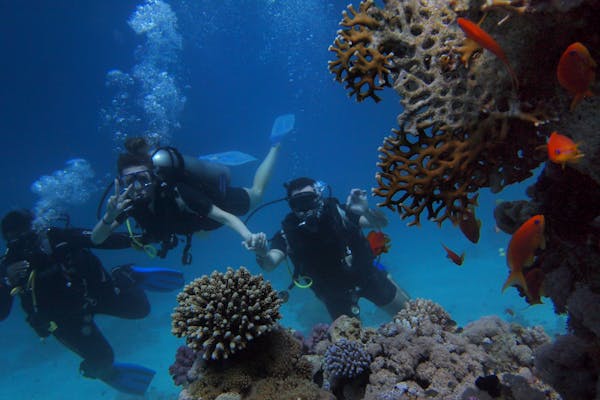Zanzibar is a diver’s paradise, offering crystal-clear waters, vibrant coral reefs, and an impressive variety of marine life. zanzibar scuba diving is a top activity for visitors seeking to explore the Indian Ocean’s rich underwater world. Whether you’re a beginner or an experienced diver, Zanzibar offers dive spots suited to all skill levels.
Why Zanzibar is Ideal for Scuba Diving
Zanzibar’s warm tropical waters and abundant marine biodiversity create perfect conditions for scuba diving. The region’s coral reefs are among the healthiest in East Africa, home to colorful fish, turtles, rays, and even occasional sightings of larger pelagic species like whale sharks.
Popular Dive Sites in Zanzibar
-
Mnemba Atoll
Mnemba Atoll is the crown jewel of Zanzibar’s diving spots. This protected marine area features stunning coral walls, diverse fish species, and frequent visits by dolphins and turtles. -
Leven Bank
Leven Bank is a deeper site favored by advanced divers for its dramatic drop-offs and encounters with larger marine animals such as manta rays and reef sharks. -
Tumbatu Island
This less crowded site offers beautiful coral formations and rich marine life. It’s perfect for those seeking a quieter dive experience. -
Chumbe Island Coral Park
Chumbe Island is a privately managed marine reserve dedicated to coral reef conservation. The reefs here are exceptionally vibrant and teeming with life.
What to Expect During Your Dive
-
Water Temperature: Ranges between 25-29°C (77-84°F), suitable for lightweight wetsuits.
-
Visibility: Typically between 15 and 30 meters, depending on the season.
-
Marine Life: Expect to see colorful coral, clownfish, angelfish, turtles, moray eels, and sometimes dolphins or sharks.
-
Facilities: Multiple dive centers offer courses, guided dives, and equipment rental.
Best Time to Dive in Zanzibar
The optimal time to dive is during the dry seasons from June to October and December to February. These months offer calm seas, excellent visibility, and comfortable water temperatures. The rainy season (March to May) may affect visibility and sea conditions.
Diving Safety and Conservation
-
Always dive with certified guides.
-
Use environmentally friendly practices to protect coral reefs.
-
Avoid touching or disturbing marine life.
-
Check and maintain your diving equipment properly.
Conclusion
Zanzibar scuba diving presents an extraordinary opportunity to explore one of the Indian Ocean’s richest marine ecosystems. With its warm waters, diverse dive sites, and abundant marine life, Zanzibar is a must-visit for any scuba enthusiast. Plan your trip carefully, respect the environment, and get ready for an unforgettable underwater adventure.
